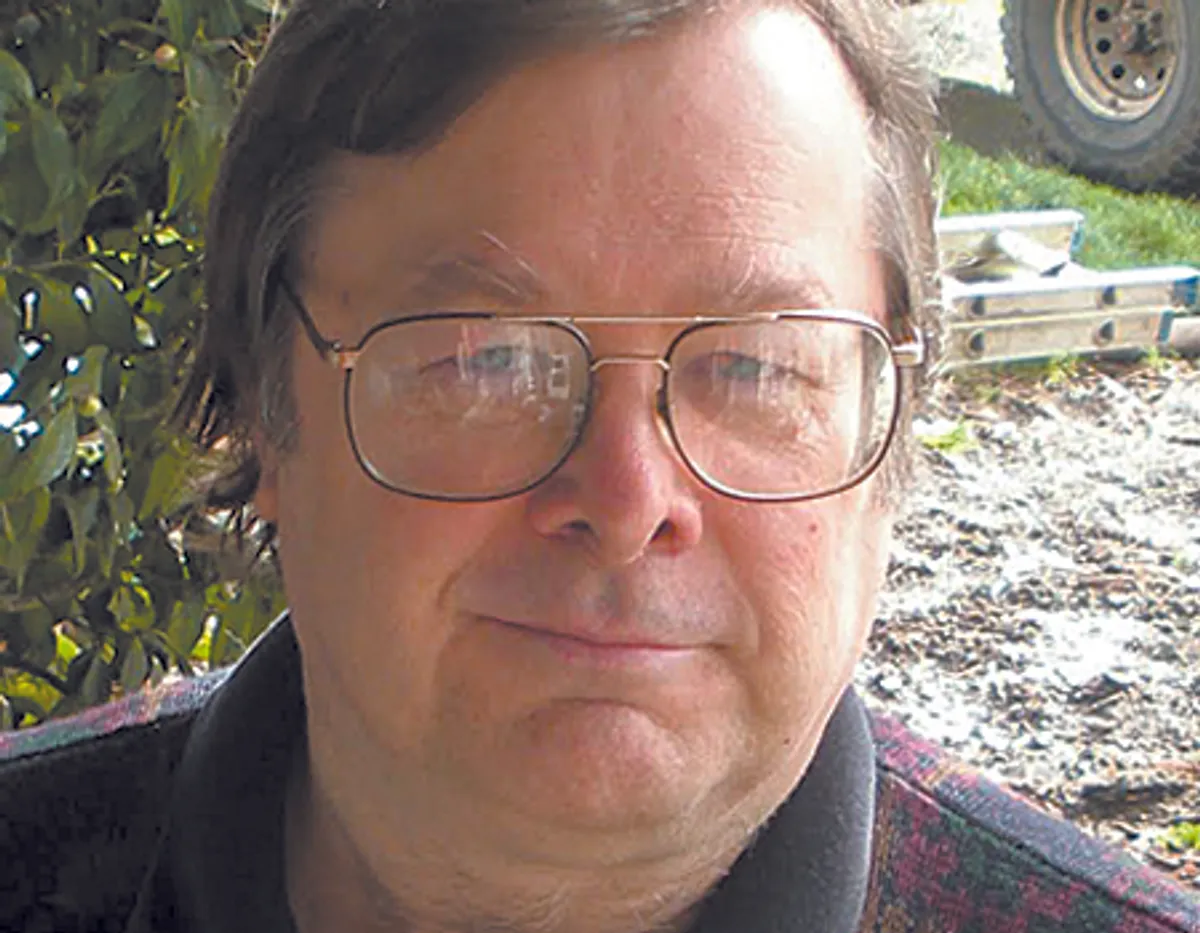Copyright Lewiston Morning Tribune

A political fact about Richard Stallings, the former U.S. representative from Idaho who died Oct. 26: In 1988, he came in third place for the Democratic Party nomination for president. From that, you might deduce Stallings had presidential ambitions and had been campaigning around the country for the office. He did not. He received his three votes at the national Democratic convention that year in large part because he was pro-life on abortion (a view he generally retained over the years) but also because he struck a number of people as genuine and straightforward, as well as smart and capable. Those votes for him apparently came as much a surprise to him as to anyone else. The underlying sense of the kind of person he was had emerged only gradually over time. He lost a 1982 run for the House against the seemingly Teflon-coated-though-controversial Republican incumbent George Hansen by a fairly close margin. He might not have won his rematch in the heavily Republican year of 1984 except for Hansen’s criminal convictions in the early part of the year, and then Stallings only barely prevailed by 133 votes. So much might have been written off as a matter of good timing or luck. But in a very Republican, very conservative, southern Idaho district, Stallings proceeded to win convincingly (54% of the vote) in 1986 and in landslides in the next two elections. He probably would have won another term in 1992 had he not tried for the Senate instead. Whether he would have survived the 1994 Republican sweep remains a big unknown. He would not have been able to generate that kind of support — the kind Cecil Andrus and Frank Church did for so many years — without strong service to the district and a trusting relationship with the people there. There’s another point to be made from the Democratic convention asterisk: When his time in Congress ended, he did not move in the direction of national politics and activism and fundraising, but went local instead. After working in Idaho for a short time as a federal nuclear waste negotiator (a job held only by him and another Idahoan, David Leroy), he settled in Pocatello. But Stallings did more than just live there. For years he led the nonprofit Pocatello Neighborhood Housing Service, to help create and find housing for people in need in that area. (This is a problem which was serious then and has only become more broadly pertinent.) And he served for six years on the Pocatello City Council. He stayed active in Idaho politics, running again (unsuccessfully) for the House, and serving as state Democratic Party chairperson. If the old saying in politics is that “they never go back to Pocatello,” then Stallings would be one of the best examples of an exception to the rule. The work he did there after serving in Congress is the kind of track record many candidates might have used as a launching pad in a race to get there. I met him for lunch at Pocatello in May, when he was fresh off another project: He and fellow former Rep. Larry LaRocco had held a series of town hall meetings around Idaho, and he was enthusiastic about them and the prospect of doing more. Stallings kept in close personal touch with a lot of people in his district, and he was concerned about the loss of contact between Idahoans and their representatives. Stallings was serious about the problems of Idaho and the nation, without becoming an ideologue about them, a trait more politicians could use these days. He was a politician in the best sense. The word has been trashed a lot in recent generations, helped along by too many people in politics whose words and actions besmirch it: ambitious graspers, unconcerned about the practical effects of what they do. Stallings is one of the best human rebuttals to that criticism I’ve known, a politician who worked on behalf of the community and nation. Full stop. Stapilus, of Carlton, Ore., is a former Idaho newspaper reporter and editor whose writings may be found at ridenbaugh.com and stapilus.substack.com. He may be contacted at stapilus@ridenbaugh.com.



